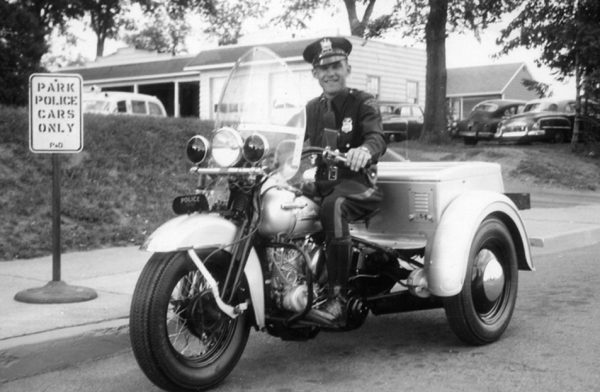The Delaware Supreme Court ruled recently that red-light camera ticket fines under $100 cannot be appealed beyond local courts. Delaware Code Section 4101 states:
“A person found responsible for a civil traffic offense shall have a right of repeal only in those cases in which the civil penalty imposed exceeds $100.”
Stanley Lowicki challenged his May 2017 $172.50 red-light camera ticket for the reasons most of us do—he wanted to prove his innocence. After he learned that he could not challenge the ticket beyond the local traffic court, he decided to take on the system instead. His case has been winding up through the state court system ever since. Lowicki argued in both lower court and the State Supreme Court that the entire amount of the ticket should be considered under Code Section 4101, not just the actual traffic fine. Here is the breakdown of Lowicki’s red-light camera ticket.
| RLC Fine | $75.00 |
| Court Costs | $25.00 |
| Court Security Fee | $10.00 |
| Transportation Trust Fund | $37.50 |
| State Police Fund | $ 7.50 |
| Local Law Enforcement Fund | $ 7.50 |
| Ambulance Fund | $10.00 |
As you can see, the cost of the basic violation is $75.00. The additional “fine” of $97.50 was composed of tacked-on fees, which state law ignores when considering the $100 threshold.
Due process, guaranteed under the US Constitution, has broken down in Delaware at the most basic level—the lowly traffic ticket. If citizens cannot exercise their constitutional rights to fight traffic tickets, how can they protect themselves from governmental overreach?
The Delaware law that authorized traffic cameras does not allow tickets to exceed $110 for a fine paid on time, and additional court costs/administrative fees may not exceed $35.00. It also declares that no assessments “other than those specified” may be imposed. That fee restriction became moot, according to the state, when two years later, lawmakers permitted the levying of charges for a variety of purposes, such as those shown above for all court cases.
As more states attempt to send traffic tickets to civil court, due process will suffer at the most basic level. Instead of “Innocent until Proven Guilty,” the dictate will be “Guilty, no matter what—pay up or else.”
|
|
The Delaware Supreme Court ruling spreads the bounty among many agencies and makes “Policing for Profit” look better than ever for cash-strapped cities and states.
